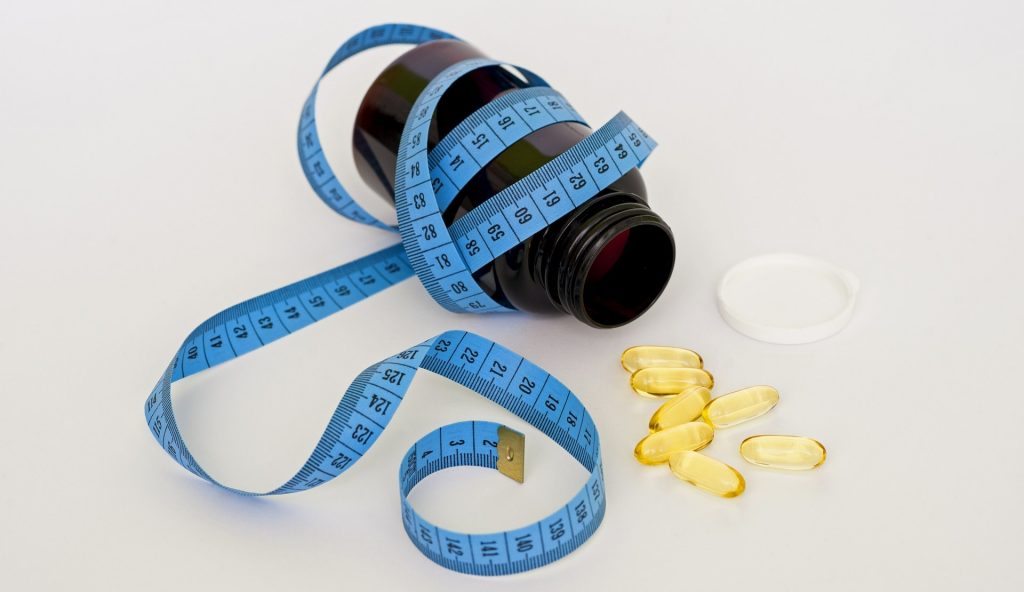What are the benefits and side effects of the keto diet?
There are many benefits in trying the ketogenic diet, or keto diet, but you may experience some side effects.

The benefit of following a healthy diet such as a low-carb plan helps to reduce high blood pressure. And by limiting your carb intake you reduce the levels of glucose and hemoglobin bound to glucose which is important if you are diabetic.
Additionally, a low-carb plan reduces your risk for cardiovascular disease by improving triglyceride levels. High levels are related to insulin resistance, obesity, diabetes mellitus and low HDL cholesterol levels (the good cholesterol). Low HDL cholesterol levels are associated to heart disease and other cardiovascular diseases and low-carb plans increase the HDL cholesterol levels.
Also, limiting carbs helps people who suffer from insulin resistance better than by restricting their fat intake. Insulin resistance is associated to cardiovascular disease. Low-carb diets reduce insulin and C-reactive protein (CRP) levels. High insulin puts you at risk for coronary heart disease and high CRP is known to cause inflammation in addition to a greater cardiovascular risk.
Besides losing weight, controlling sugar levels in diabetes and improving your heart, studies have shown following a low-carb diet may help with epilepsy, Alzheimer’s disease, some cancers and quite possibly other diseases as well.
So, what are some of the side effects of a low-carb diet? When you begin the keto diet your body is trying to get used to using ketone bodies for fuel instead of carbs. During this adjustment period you could experience some “flu” like symptoms such as headaches, fatigue, nausea, brain fog, increased hunger, poor sleep and decreased physical performance. This adjustment typically only lasts for a few days and shouldn’t discourage you from continuing.
Because blood acetone levels are increased you may experience bad breath from the body releasing the acetone through your mouth. You may on occasion also notice an acetone odor to your urine or sweat. This will normally go away after a few weeks.
Another side effect you could experience is leg muscle cramps. This occurs when the body becomes dehydrated so it is important to ensure you get your daily intake of water when on the keto diet. And at times the change in diet could lead to some digestive issues, mainly constipation during the first few weeks. Again, this is usually due to not drinking enough water but also not getting enough fiber in your diet. On rare occasions some people experience diarrhea.
Also, during the first few weeks on the keto diet you could experience an increase in heart rate. This is also usually due to not enough fluids but could also be from low salt intake or drinking a lot of caffeine. If the problem persists you may need to increase your carb intake.
Less common side effects include ketoacidosis in breastfeeding women, kidney stones in epileptic children and increased cholesterol levels.
To minimize these side effects, be sure to drink at least 68 oz of water daily, get enough salt, increase your mineral intake, avoid intense exercise and eat fiber-rich foods. It may also help to gradually adjust to the keto diet by reducing your carbs for starters and then going full blown keto.
As with any diet, it is extremely important to consult your physician before trying it, especially if you have any medical conditions.
I hope you enjoyed this article and found it informative. If so, please bookmark this site and share it with your friends. New content will be added often so please come back and see what’s new.

Leave a Reply